Mescaline Addiction Treatment
If you or someone you care about is struggling with mescaline use, it can feel confusing and even isolating. Taking the first step toward recovery often begins with simply learning about the support available.
Mescaline, a hallucinogen found in certain cacti like peyote, may be used in spiritual or recreational contexts. However, ongoing use can sometimes develop into harmful patterns. When this happens, professional hallucinogen addiction treatment can provide a safe and guided path forward.
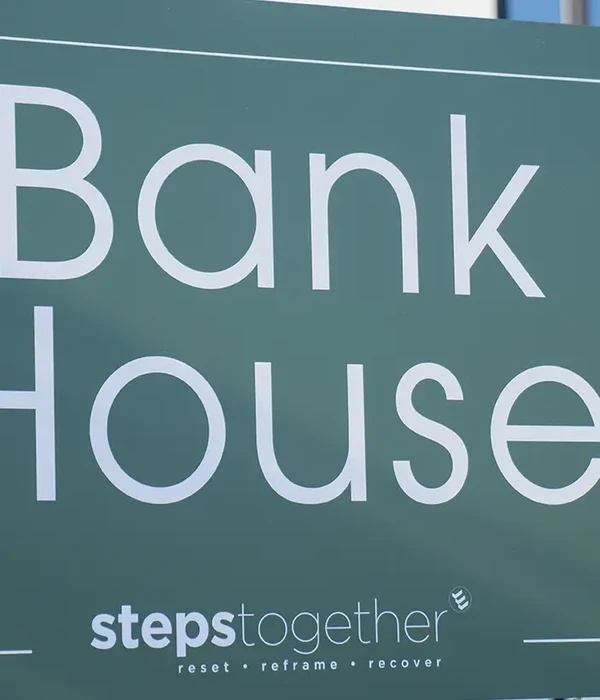
Take the First Step Towards Recovery
Steps Together offers personalised support and proven treatments, providing the care, guidance and encouragement you need to move forward with confidence and build a healthier future.
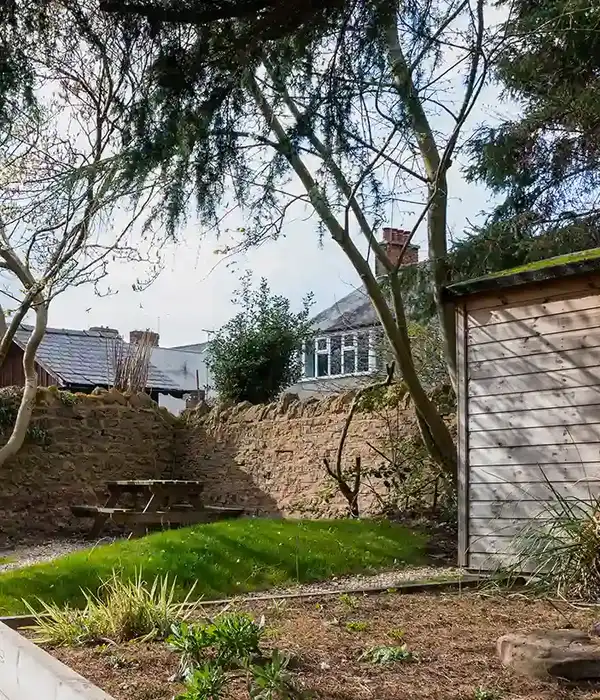
Understanding Mescaline Use
Mescaline is a naturally occurring psychedelic compound, mainly found in the peyote cactus, as well as the San Pedro and Peruvian torch cacti. Indigenous cultures in North and South America have used mescaline in spiritual and healing ceremonies for generations, and it can have positive effects on mental health.
When used recreationally, mescaline is known for its hallucinogenic effects, often causing users to see vivid patterns and colours or to feel different from reality. Unlike some other hallucinogenic drugs, mescaline is not as commonly used, but it still has a high potential for psychological dependence in some users, especially when taken repeatedly for recreational purposes.
Recognising Mescaline Dependence
Though mescaline is not considered physically addictive in the way alcohol or opioids are, you can still become psychologically dependent. This means you may crave the way mescaline makes you feel or find you are thinking about using it even when you know it is dangerous.
Warning signs include feeling unable to cut down or stop use, neglecting school, work, or relationships in favour of getting high, or losing interest in activities you once enjoyed. Some people may try to use higher or more frequent doses to chase the effects, which can make the problem worse.

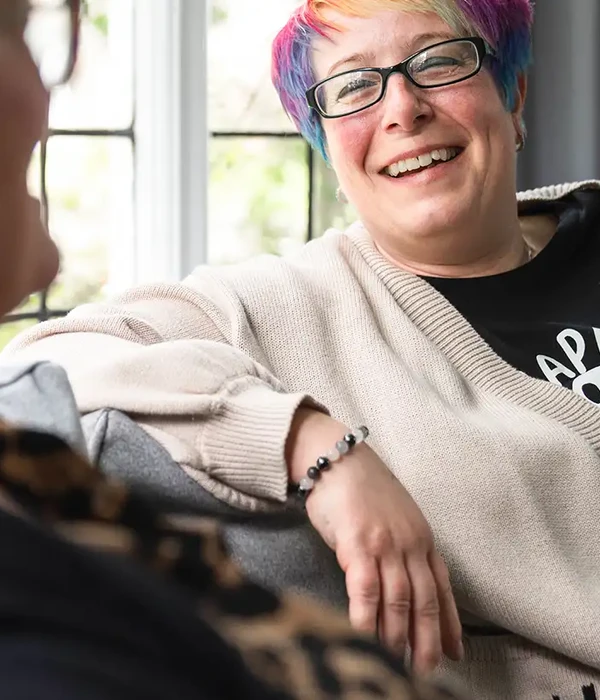
Risks of Mescaline Abuse
Abusing mescaline can lead to serious problems with your mental and physical health. Intense hallucinations and altered states of consciousness may cause you to act in unsafe ways or make dangerous choices.
There is an increased risk for accidental injury during a trip because your sense of reality and judgement are impaired. People who mix mescaline with other substances face even higher risks, including unpredictable drug interactions and, in some cases, medical emergencies.
Mescaline Addiction Treatment Options
Effective treatment for mescaline may seek to address both physical and psychological aspects of dependence. Support from mental health professionals, structured programmes, and family involvement provides the best chance of lasting success. A mescaline addiction treatment programme may include:
Initial Evaluation and Detox
Your treatment journey starts with a thorough evaluation by an addiction specialist. They will assess your overall health, drug use history, and any mental health conditions. This helps create a plan tailored to your needs.
Detox is usually the first step. Mescaline does not usually cause severe physical withdrawal, but psychological symptoms like anxiety or confusion can happen. Medical staff keep you safe and comfortable during detox.
Group and Family Support
Group therapy helps you connect with others who share similar struggles with hallucinogen use. In group sessions, you practise new coping skills, share your progress, and get encouragement. You can also build a support system within the group.
Family counselling is often part of the process. Addiction affects your loved ones, so including them can help repair trust and improve communication. Family members learn about addiction, set boundaries, and build healthy ways to support your recovery from mescaline use.
Inpatient and Outpatient Mescaline Addiction Treatment
Inpatient or residential treatment offers a structured environment with full-time medical monitoring. You live at the treatment centre with access to doctors, therapists, and support staff around the clock.
Outpatient treatment allows you to visit the centre during the day while living at home. Both settings offer a mix of therapy, education, and support. Your treatment team will help you decide which suits your situation best.
Aftercare and Relapse Prevention
Relapse prevention is a key focus after the main addiction treatment programme ends. You will work with therapists to spot triggers and early warning signs. Common strategies include making a clear action plan, learning stress management, and joining support groups.
Practising healthy lifestyle habits reduces your risk. Ongoing counselling and aftercare sessions help keep you on track. Tracking habits, regular check-ins, and continued family support can also help you manage cravings.
Other drug addictions we treat at our rehab centre
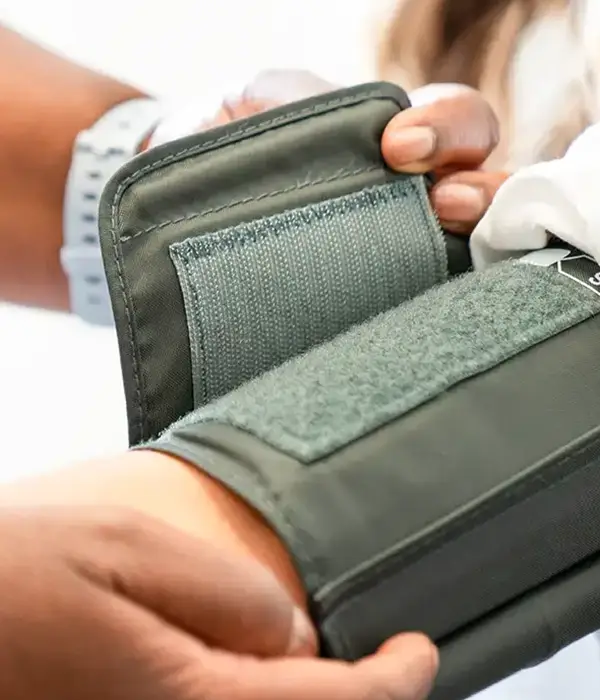
Is Mescaline Addictive?
Mescaline addiction usually develops through repeated use of the substance, with patterns that may be hard to spot at first. Understanding how it starts, how tolerance grows, and how specialists assess addiction can help you recognise and address the problem early.
Mescaline is most often taken for its hallucinogenic effects. You might feel curious about its psychedelic nature or use it in a social setting. Repeated use is sometimes driven by peer influence or a desire for escape. Some people may experience cravings, spend more time thinking about using mescaline, or make efforts to obtain it that interfere with normal routines.
Tolerance and Habit Formation
With regular mescaline use, your body gradually adapts, becoming less responsive to its effects. This is known as tolerance, and it means you may need increasingly higher doses to achieve the same hallucinogenic experience.
As you build a tolerance to mescaline, you may take larger or more frequent doses, which increases the risk of negative mescaline side effects. You may combine mescaline with other substances to heighten the experience, which raises the risk of harmful interactions, accidents, or long-term mental health consequences.

Effects of Using Mescaline
When you take mescaline, you may notice the effects within one to two hours. Many people experience vivid and sometimes intense visual hallucinations. Your surroundings might shift in colour, patterns, or shape, and objects may seem to move. You might feel as if your sense of time is altered. Time can seem to slow down or speed up.
Mescaline is not typically associated with physical dependence or organ damage. However, repeated use may lead to tolerance, fatigue, dizziness, nausea, or headaches. In rare cases, it can lead to hallucinogen persisting perception disorder (HPPD), a condition wherein your perception is distorted long after using a hallucinogenic drug.
Using mescaline more than once can have lasting effects on your mental health. Some people report experiencing flashbacks, which are sudden recalls of the hallucinations or feelings from a previous trip, even when not using the drug. Over time, your ability to think clearly or remember things may change.
Modalities to Treat Mescaline Use
Mescaline addiction requires a mix of therapies that focus on changing behaviour, improving emotional health, and increasing your motivation to stay sober. Treatments often help you understand the effects of hallucinogens like peyote and support recovery from substance abuse.
Behavioural Therapies
Behavioural therapies are often the main way people recover from mescaline abuse. These methods focus on helping you learn to recognise triggers and develop healthy coping skills. One common approach is cognitive-behavioural therapy (CBT), where you work with a therapist to change thoughts and habits that fuel addiction.
CBT and other behavioural therapies can include practical exercises, such as setting goals or practising refusal skills. Group therapy provides peer support and helps you feel less alone in your recovery. Family therapy may also be useful, especially if your substance abuse affects those around you.
Motivational Interviewing
Motivational Interviewing (MI) is a technique that helps you build your own motivation for change. The therapist does not lecture or judge you. Instead, you have open conversations about your reasons for using mescaline and the changes you want to make.
MI can be especially helpful if you feel unsure about quitting or if you do not think of your peyote or mescaline use as a problem. By exploring your values and goals, MI helps you find your reasons to recover.
EMDR
Eye Movement Desensitisation and Reprocessing (EMDR) is a therapy that can help if you struggle with trauma or anxiety linked to your drug use. In EMDR, you discuss tough memories or feelings while using guided eye movements. This helps to reduce the emotional power of past events that may drive your substance abuse.
EMDR is not always the first treatment for hallucinogen addiction, but it is valuable when trauma plays a role. The therapist helps you process these memories, making them less distressing and giving you more control over your reactions.
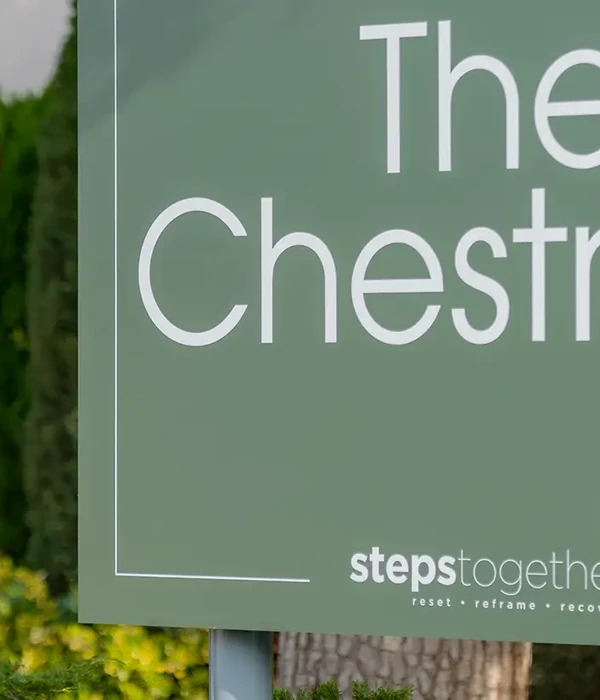
We Can Help You Stop Taking Mescaline
Just because a drug isn’t seen as physically addictive doesn’t mean it can’t become a problem. Psychological dependence can often be a problem for people using mescaline. You may be one of them, and you may find it hard to believe that you can stop your drug use.
But recovery is possible, and it is within your reach. At Steps Together, we can offer professional mescaline addiction treatment and drug rehab that can help you take control of your habits and build a life free from mescaline misuse.
Frequently Asked Questions
What are the recognised treatment options for addiction to hallucinogenic substances?
Recognised treatments for hallucinogen addiction usually include therapy, group support, and behavioural counselling. Options such as inpatient rehabilitation or outpatient programmes are also available.
What role does psychotherapy play in overcoming a dependency on hallucinogens?
Psychotherapy helps address the reasons behind substance use. It helps you learn coping strategies and build healthier thinking patterns. Therapy sessions can be individual or in groups and focus on relapse prevention and emotional support.
Can lifestyle changes and holistic therapies contribute to recovery from substance abuse?
Lifestyle changes, like regular exercise, improved diet, and better sleep, play a supportive role in recovery. Holistic therapies, such as mindfulness and meditation, may also help manage stress and cravings. Incorporating these changes can improve your overall well-being during and after treatment.
How long does rehabilitation typically last for someone with substance use disorder?
Rehabilitation varies from person to person. Some people may complete a programme in four weeks, while others might need several months. After the main programme, ongoing support may be needed for months or even years to maintain recovery.
Are there any medications prescribed as part of the treatment for hallucinogenic addiction?
At present, there are no approved medications specifically for hallucinogen addiction. Treatment focuses on therapy and psychological support. In some cases, medications may be used to manage co-occurring conditions like anxiety or depression.
What support is available for families of individuals dealing with hallucinogen addiction?
Families can access support through educational groups, counselling, and helplines. Many treatment centres offer programmes designed specifically for families to help them understand addiction and how best to provide support. These resources offer guidance and coping strategies for loved ones.





